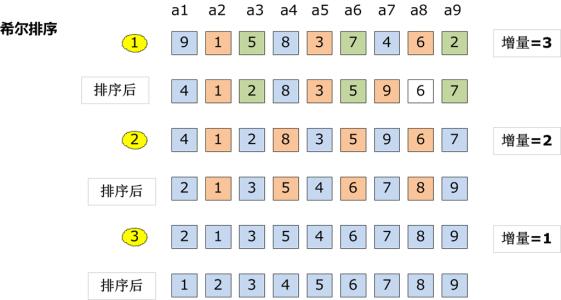Control of the ordering of transactions in modern blockchains can be extremely profitable. Rather than allow one central actor to control this revenue source, recent research has studied mechanisms for decentralizing the process of computing an ordering among multiple, distributed replicas. This problem is akin to the classic problem from social choice theory of aggregating ordinal votes, applied to a streaming setting. Prior work proposes a ``$\gamma$-batch-order-fairness'' requirement on the aggregate ordering. Under this requirement, the ordering should be divisible into contiguous batches, and when a $\gamma$ fraction of replicas receive $tx$ before $tx^\prime$, then $tx^\prime$ cannot be in an earlier batch than $tx$. We extend this definition to formalize the notion that these batches should have minimal size, thereby giving the first notion of order fairness that cannot be vacuously satisfied (by arbitrarily large batches) and that can be satisfied in the presence of faulty replicas. We then show that the Ranked Pairs aggregation method produces an ordering that satisfies our fairness definition for every choice of parameter $\gamma$ simultaneously and for any number of faulty replicas (where fairness guarantees linearly degrade as the fraction of faulty replicas increases). We then instantiate our protocol in the streaming setting. Careful analysis of the interactions between ordering dependencies enables our protocol to simulate Ranked Pairs voting in this setting, and adjustments to ordering algorithm give a protocol that (under synchronous network assumptions) always appends a transaction to the output ordering after a bounded amount of time.
翻译:区块链中交易排序的控制能够非常有利可图。最近的研究关注将计算多个分布式复制品之间的排序过程分散化。这个问题类似于社会选择理论中将顺序投票集成的基本问题, 应用在流数据处理中。之前的研究对聚合排序提出了"γ-批量-顺序-公平性"的要求。在此要求下,排序应该可以分为连续的批次,当有γ分数的副本在$tx$之前接收到$tx^\prime$时,$tx^\prime$不能在比$tx$更早的批次之前出现。我们扩展了这一定义,并且形式化了这些批次应该具有最小的大小,从而给出不可能通过任意大的批次实现的排序公平性的第一个概念,并且该公平性可以在存在故障副本的情况下实现。然后,我们证明了Ranking Pairs聚合方法可以同时对任意数量的故障副本选择参数$\gamma$产生满足我们的公平性定义的排序(其中公平性保证随着故障副本的比例线性下降)。 接着我们将协议实例化到流数据处理中。仔细分析排序依赖关系的交互,使我们的协议可以模拟Ranking Pairs投票,并对排序算法进行了调整,产生了一个协议(在同步网络假设下)始终在有限的时间内追加一个交易到输出排序中。

